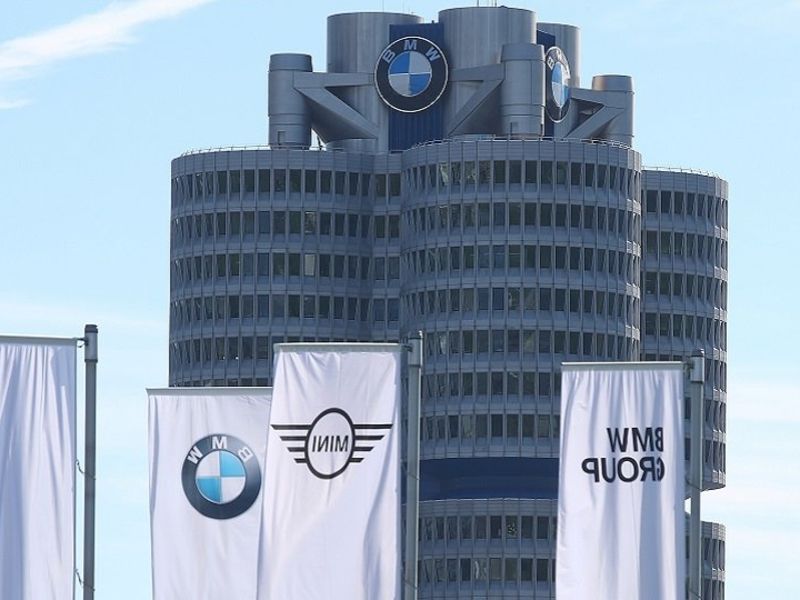
BMW raised its profit expectations for this year after higher car prices outweighed a worsening semiconductor shortage that is hampering output across global automakers.
The automaker sees earnings before interest and taxes on automaking of between 9.5 percent and 10.5 percent on sales, up from a previous view of 7 percent to 9 percent, according to a statement Thursday.
“Whilst the semiconductor supply restrictions are expected to further impact production and deliveries, the continuing positive pricing effects for both new- and pre-owned vehicles will overcompensate these negative sales volume effects,” the company said.
BMW’s earnings before tax are expected to rise “significantly,” it said, adding free cash flow is seen at around 6.5 billion euros ($7.5 billion).
Chip shortages have plagued the auto industry for months, prompting companies from Renault to Toyota to warn of longer-term hits to output, but higher prices have allowed some to offset their losses.
Daimler in August attributed higher than expected earnings in its Mercedes-Benz division to pricing effects.
BMW had also raised its profit forecast in August after strong quarterly results, but warned at the time that chip shortages could plague the second half of the year.
BMW’s strong relations with its suppliers have meant it was less affected by the shortages than other automakers, many of whom were forced to halt production at some of their plants.
Forecaster IHS Markit in mid-September made the biggest adjustment yet to its auto-production projections, which have been falling all year due to the global chip shortage.
Consultancy AlixPartners has said the hit to global automaking revenue could reach $210 billion.
Reuters contributed to this report

